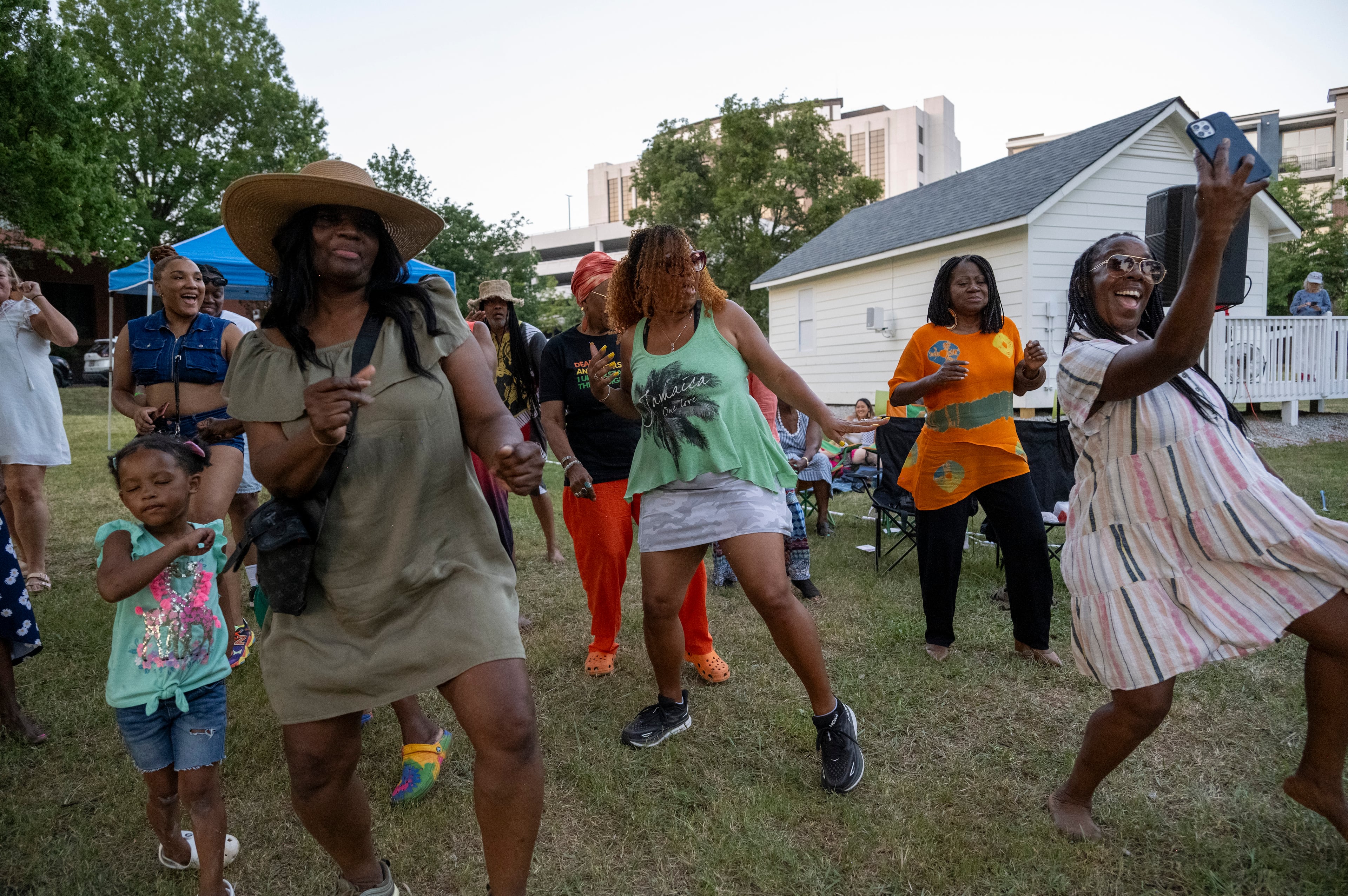OPINION: Young Thug’s rap lyrics - Fiction or roadmap to murder?
Rapper Young Thug has been locked up for 18 months and faces decades in prison for allegedly being the leader of a murderous Atlanta street gang.
But things got worse for him Thursday when a Fulton County judge ruled his and others’ lyrics can be used against him and five other defendants in a sprawling racketeering case set for opening statements this month.
For more than a year, First Amendment experts and hip-hop enthusiasts have criticized the strategy of prosecutors, who say the rapper’s lyrics are admissions of his violent ways. The critics say rap music is the only genre where the artists’ words are used against them.
One defense attorney this week noted that country and western stars, who also get in trouble, don’t have their lyrics about drinking, fighting and killing a man in Reno just to watch him die used against them.
True, but I can’t recall the last time I heard of a shootout at a country music recording studio.
Superior Court Judge Ural Glanville ruled that prosecutors can use 17 sets of lyrics rapped by Young Thug and other artists to demonstrate they are members of YSL (gang Young Slime Life). One could call it a Roadmap to Mayhem. The judge did say prosecutors will still have to show how each lyric is tied to a specific crime.
Before his ruling, Glanville repeatedly hinted at his eventual decision, saying that the jury could figure out if the lyrics were ferocious fiction or true crime narrative, as in confessions put to a beat. But defense lawyers don’t want those lyrics anywhere near a jury.

Brian Steel, lead attorney, for Young Thug, AKA Jeffery Williams, said, “They are using his words to say he’s a bad man.”
“No,” the judge responded, “they’re using his words to show he’s involved in a gang.”
Prosecutor Simone Hylton said that Thugger and his co-defendants use their songs and videos to boast, threaten and even recruit.
She pointed to one verse from a 2014 video where Young Thug sang, “Come and enroll in the YSL show and I’m the principal.”
“That proves existence of the enterprise, that he’s recruiting and that he’s the leader of the enterprise,” she said.
Besides being a “principal,” she said the rapper has referred to himself as Mafia-style “capo,” and as a “general.” And, she added, generals go to war.
Defense attorneys have stated that the lyrics in question are general in nature, not specific.
But Hylton did get specific in several cases, including Young Thug’s 2021 song, “Bad Boy,” where he raps, “I shot at his mommy now he no longer mention me.”
The prosecutor said this stemmed from a beef he had with Atlanta rapper YFN Lucci, whose home did indeed get shot up.
Doug Weinstein, who represents the rapper Yak Gotti, AKA Deamonte Kendrick, said his client was speaking merely as a character and that rap artists are known to “tell outrageous stories that stretch and shatter credibility.”
That’s what the record execs and the fans want, the defense lawyers say. And rappers serve it up.
George Chidi, a former AJC reporter who’s been covering the trial, has come out with a popular podcast titled, “King Slime: The Prosecution of Young Thug and YSL.”
“There’s a real conversation of what hip-hop should be,” he told me. “There’s a culture issue with rap. I call it a minstrel show. It’s Black people in a character of bad behavior performing for a white audience.”

Weinstein said prosecutors are using the lyrics to scare jurors.
“The nature of the music, the violence in the music, the extreme language is prejudicial,” he said. “The state knows what this music will sound like to the jury.”
He says once the jury hears a few key lyrics, then it’s a quick deliberation towards a guilty verdict.
Weinstein quoted U.S. Supreme Court Justice Thurgood Marshall, “New music always sounds loud to old ears.” The lawyer mentioned his time back in the punk era jamming out to the Sex Pistols and the Butthole Surfers. “All of it offensive,” he added.
He noted his client once rapped, “Hey, I’m Yak Gotti, I got bodies on bodies.”
Prosecutors contend that Yakster is bragging about sending other Atlanta residents to the morgue.
But Weinstein asserts that lyrics in that genre are subtle, with “double and triple meanings.”
For instance, he said, his client “is rapping about sleeping with a bunch of women at the same time. Or maybe not.”
Perhaps he was boasting about his time as an Atlanta high school football player. Or...
The lawyer noted that videos and mixtapes are often lyrics written by others, sung by guest artists and then edited into an absurd, theatrical presentation.
“This is going to have a chilling effect,” Weinstein noted. I’m not sure if he meant chilling as to his client’s chances with a jury or with future rappers in what they decide to add to their songs.
I would have some advice. If you’re going to tell your own story, then run it by a lawyer before publishing.
Or, if you’re like many rappers and don’t have the cash for legal fees, then at least wait until the statute of limitations passes.



